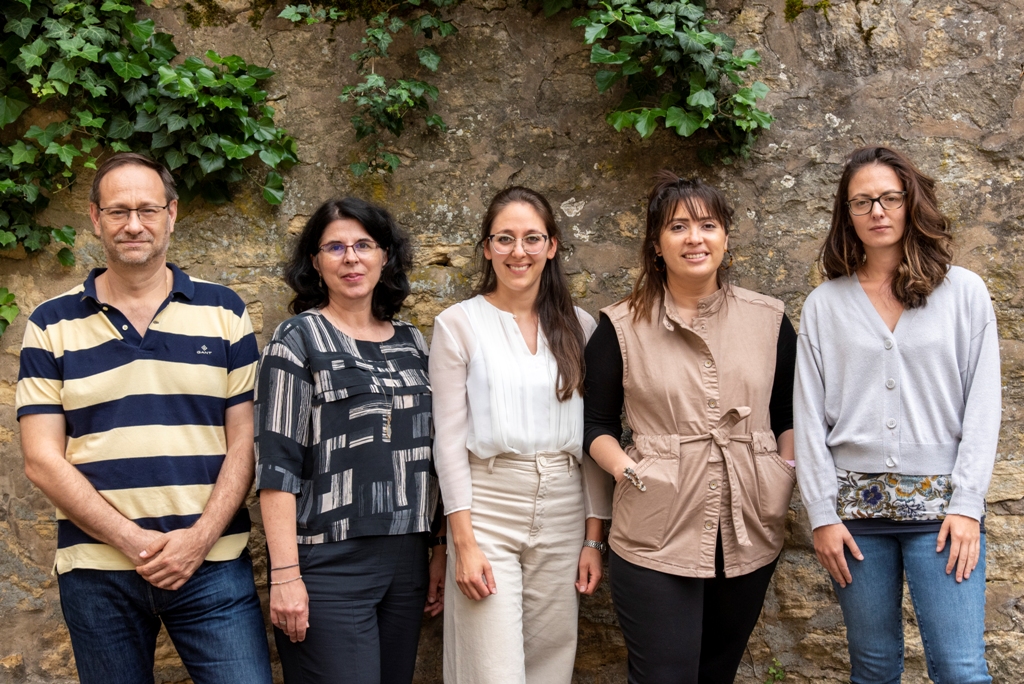
The Swiss Abroad and their strong Helvetic ties

Swiss people 55 years or older have strong ties to Switzerland, even when living in another country. This is shown by a scientific survey on “transnational ageing” that helps to better understand this growing population.
Almost one quarter of the Swiss Abroad are retired. According to the Federal Statistical Office, the proportion of retired people living abroad is rising faster than the proportion of other age groups. Increasing life expectancy and emigration decisions of individuals close to or at retirement age are the main reasons for this observation.
In this context, the first Transnational Ageing Survey asked people 55 years or older living in Switzerland about their international mobility. The second Transnational Ageing Survey, which is presented in this article, subsequently focused on the living situation and mobility practices of the Swiss Abroad aged 55 or older. Both surveys were funded by the Swiss National Science Foundation and conducted by five researchers from the Institute of Sociology at the University of Neuchâtel and the Geneva School of Social Work.

For the second survey, the research team collaborated closely with the foreign ministry, collecting responses from over 43 countries around the world during the Covid-19 pandemic (October 2020 to August 2021). With 10,000 envelopes sent out worldwide, the survey attracted a great deal of interest and reached a record response rate with a total of 4,689 responses.
74.3% usually read a Swiss local or regional newspaper, a newsletter or visit websites to stay informed with the current situation in Switzerland.
21.9% have already bought Swiss SIM cards for their mobile phone to communicate with loved ones in Switzerland or for other reasons.
44.5% have searched for information about election campaigns and referendums in Switzerland via newspapers, conversations with family and friends, or the red voting booklet.
35.2% participate in Swiss referendums and elections. The number of people who vote is therefore lower than the number of people who stay informed about political issues.
The Fifth Switzerland aged 55 or older
The Fifth Switzerland, as the Swiss Abroad are also known, close to or at retirement age consists of people of several nationalities who regularly travel to other countries around the world. Most of these people have migrated at least once in their life and have lived in their current country of residence for on average 30 years, without necessarily having been born there. A total of 700 respondents had last moved to the country of residence specifically to spend retirement. The population is diverse: around one fifth are Swiss descendants born in the country of residence since several generations, who have never lived in Switzerland, but who mostly travel regularly to other countries. Thus, the majority of the Swiss Abroad aged 55 or older consider themselves to be either “local” or “cosmopolitan”.
Attachment to Switzerland
Most respondents spent on average ten years in Switzerland and maintain close ties with the country. This attachment is also strong among Swiss descendants, who have never lived in Switzerland. In the last five years, Switzerland has been a valued holiday destination as well as a popular place to regularly meet family and friends, and to buy products that are hard to find elsewhere. In addition, 900 participants indicated to have visited Switzerland for cultural events, and 450 respondents have travelled to Switzerland for medical treatments.
Simple money transfers
Almost 450 respondents have transferred money to Switzerland in the last 12 months. These financial transactions were made for charitable reasons, to support family members, to pay for trips, or to transfer money to personal accounts in Switzerland. In addition, the approximately 1,000 participants who had their pension assets transferred from Switzerland to another country found that the process was very or fairly easy. Only 5% encountered difficulties in the process.
Reading, communicating, informing and voting
Online newspapers, newsletters and websites are often used to stay informed about Switzerland. Contacts with family members in Switzerland also take place via various means of communication, notably by fixed or mobile phone, as well as via the internet and its applications. Finally, although almost half of the respondents are informed about electoral campaigns and referendums taking place in Switzerland, only a few of the participants actually vote.
As part of the research project, five couples and 25 individuals living today in Morocco and Spain shared their personal stories.
Sophie and Laurent Dupraz* are among those who decided to leave Switzerland at retirement age. Ten years ago, they decided to move to Spain for economic reasons. When they were still living in Switzerland, it was important for both to get involved politically and to vote. This has not changed over the last ten years, as Sophie says:
“I think it’s very important to keep myself informed about what’s happening in Switzerland and about the political issues discussed in this country, also for the sake of our children and grandchildren. Because it’s their future. It’s a way, if you like, to still be strongly connected to Switzerland.”
The importance Sophie places on helping to shape the future of Switzerland for her children and grandchildren is also illustrated by her participation in the climate strike in Switzerland a few years ago. While taking part in referendums and elections did not have the same importance for all interviewees, the interest in staying informed about the economic and societal situation in Switzerland was expressed by many, such as Jean Mauron*, who has been living in Spain for two years:
“So, I listen to the radio ‘Suisse Romande’ every morning. No matter when I get up, I turn on my computer and listen to the news. I also open the ‘Liberté’ page two or three times a week to read the local news from Fribourg. Furthermore, I have a look at the swissinfo.ch newsletter.”
*Names changed
Laura Ravazzini is a post-doctoral researcher in the project on “transnational ageing” and co-responsible for the two quantitative surveys.
Livia Tomás is a PhD candidate in the research project on “transnational ageing” and conducted the qualitative interviews with retirees living in Spain and Morocco.
This article was first published by Swiss ReviewExternal link

In compliance with the JTI standards
More: SWI swissinfo.ch certified by the Journalism Trust Initiative


























You can find an overview of ongoing debates with our journalists here . Please join us!
If you want to start a conversation about a topic raised in this article or want to report factual errors, email us at english@swissinfo.ch.